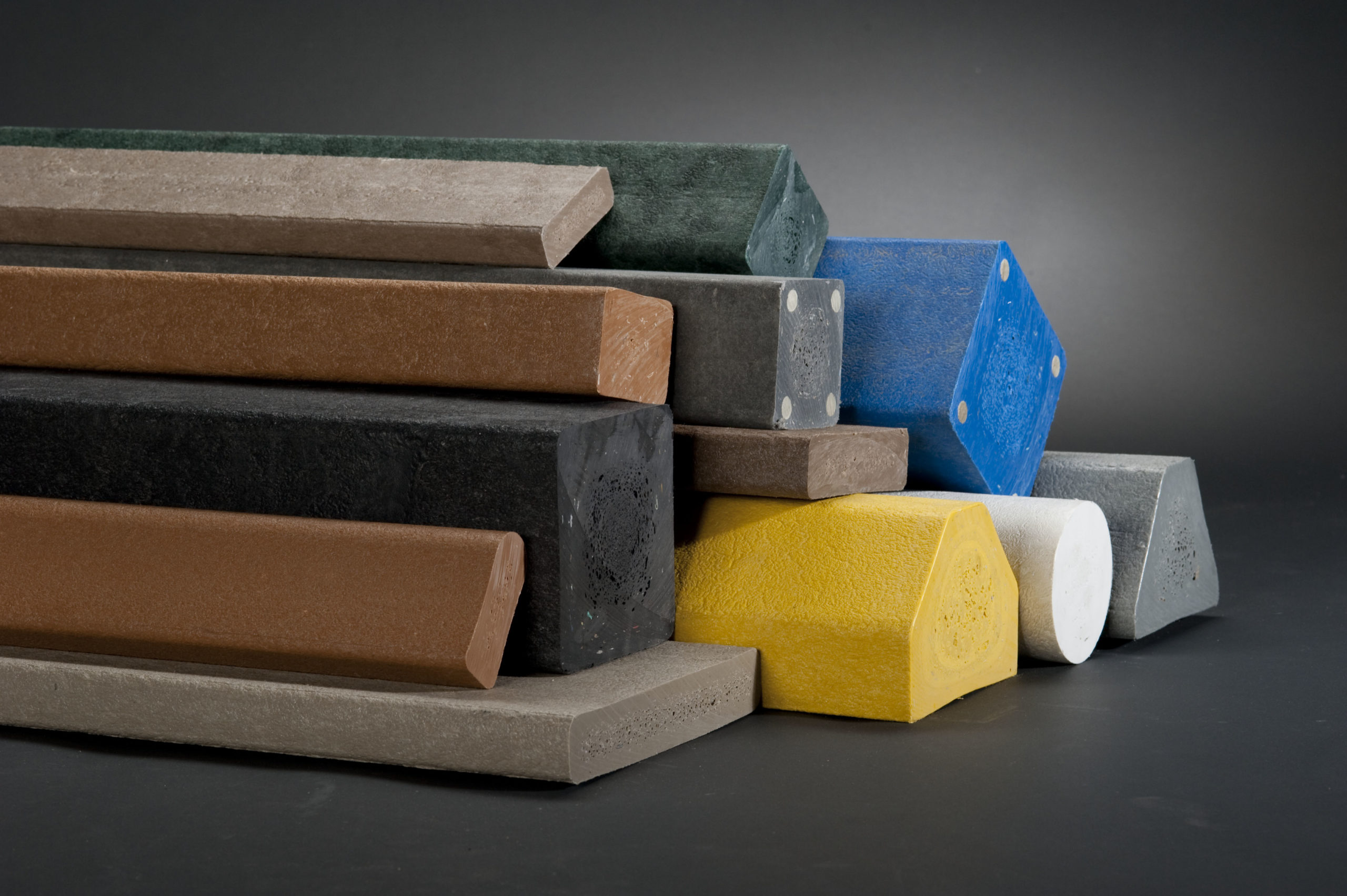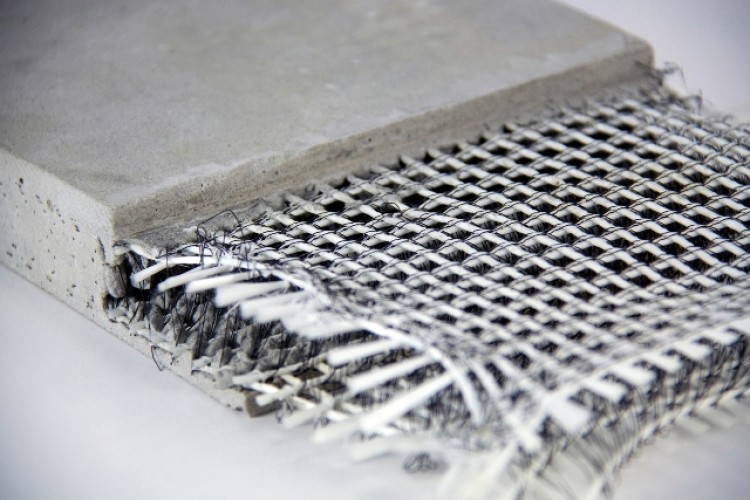Composites: Strong and Durable Building Materials
Composites: Strong and Durable Building Materials
Blog Article
Discovering the Uses and Advantages of Recycled Composites in Modern Industries
In today's swiftly advancing commercial landscape, the usage of recycled compounds has amassed raising focus for its prospective to redefine traditional production methods. The combinations of recycled materials with advanced composite innovations presents an appealing method for enhancing sustainability, strength, and cost-efficiency across different sectors. As markets look for cutting-edge services to resolve environmental worries and improve operational performances, the consolidation of recycled compounds emerges as a compelling alternative. This change in the direction of lasting techniques not only aligns with international conservation efforts yet also uses a myriad of advantages that hold the trick to forming the future of modern production approaches.
Environmental Benefits of Recycled Composites
The usage of recycled compounds in modern-day sectors supplies substantial environmental advantages, contributing to the decrease of waste and the preservation of all-natural sources. By incorporating recycled composites into making procedures, sectors can reduce their dependence on virgin materials, thus decreasing the amount of waste generated and the power required for removal and manufacturing. This change towards using recycled compounds aids in diverting materials from garbage dumps, relieving the problem on waste management systems, and lowering greenhouse gas discharges related to standard production techniques.
Furthermore, making use of recycled composites advertises the preservation of natural deposits such as lumber, minerals, and water, which are usually depleted with the extraction and handling of basic materials (composites). By prolonging the lifespan of materials through recycling, markets can aid preserve ecosystems and biodiversity by reducing the need for new sources. In general, the fostering of recycled composites in modern sectors plays an essential function in promoting sustainability and reducing the ecological impact of manufacturing processes
Boosted Durability in Product Manufacturing
With a concentrate on durability and toughness, integrating recycled compounds right into product production procedures improves toughness and sustainability. By utilizing recycled compounds, makers can create items that are not just strong however likewise resistant to deterioration, making them optimal for long-term usage in different markets. The combination of various products in recycled composites can commonly cause improved stamina and sturdiness compared to typical products, offering a cost-efficient option for generating durable items.
Among the vital benefits of utilizing recycled compounds in item manufacturing is the capability to tailor the material buildings to satisfy specific longevity demands. By readjusting the structure and production methods, producers can tailor the recycled composites to hold up against harsh ecological conditions, hefty tons, or regular use without compromising on performance. This flexibility in style and production permits for the creation of highly sturdy products that maintain their stability in time, minimizing the requirement for constant replacements and inevitably adding to a more lasting manufacturing process.
Cost-Effectiveness and Economic Advantages
Incorporating recycled compounds into product manufacturing not only enhances resilience and Check This Out sustainability yet additionally uses significant cost-effectiveness and economic benefits. Utilizing recycled compounds can bring about reduced product expenses as recycled materials are often less costly than virgin materials. In addition, recycling composite materials can decrease waste disposal expenditures and lower the requirement for garbage dump space, adding to total price savings for markets.

Development and Style Flexibility With Recycled Compounds
Making use of recycled compounds in modern markets offers unrivaled possibilities for development and style flexibility. By including recycled products into composite manufacturing processes, firms can press the borders of traditional design restrictions and check out brand-new possibilities. The versatility of recycled composites enables the creation of complex forms and frameworks that might not be possible with conventional products.
Among the essential advantages of recycled composites is their capacity to be molded right into various types, providing designers the flexibility to experiment with special sizes and shapes. composites. This versatility opens up a world of imaginative opportunities, making it possible for the development of lightweight yet sturdy products that satisfy the certain needs of different markets
Moreover, using recycled compounds advertises lasting practices and supports the circular economic situation by decreasing waste and lessening the ecological influence of manufacturing processes. This emphasis on environmentally friendly layout remedies aligns with the growing trend towards sustainability in contemporary markets, making recycled compounds a beneficial source for forward-thinking and ingenious business.
Applications Throughout Various Industries
Recycled composites locate diverse and impactful applications across a wide array of markets due more to their one-of-a-kind homes and sustainability benefits. The aerospace industry advantages from recycled composites in the manufacturing of aircraft parts, where the products' strength-to-weight ratio is vital for guaranteeing safety and performance. The convenience and sustainability of recycled composites make them useful throughout different sectors, driving advancement and ecological stewardship.
Conclusion
To conclude, the utilization of recycled composites in modern-day markets supplies significant environmental advantages, boosted sturdiness in item manufacturing, cost-effectiveness, and economic benefits. In addition, the use of recycled composites enables innovation and style versatility throughout numerous sectors. On the whole, the fostering of recycled composites offers a functional and sustainable service for meeting the demands of the industry while additionally lowering ecological influence.

One of the key benefits of utilizing recycled compounds in item production is the capacity to tailor the material homes to satisfy specific longevity demands. Making use of recycled compounds can lead to reduced product costs as recycled products are typically much less pricey than virgin materials. The aerospace market benefits from recycled composites in the production of aircraft parts, where the products' strength-to-weight proportion is important check my source for making sure security and efficiency.
Report this page